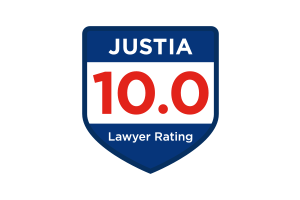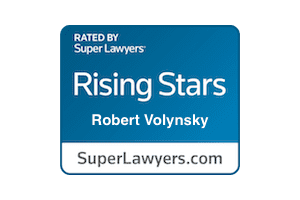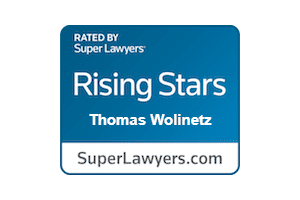



If you have been deceived into investing in securities that you later found to be non-existent, you may have been a victim of boiler room fraud. Often beginning with a ‘cold-call’, this type of fraud has, unfortunately, been around for a while and has caused millions in losses.
Chances are high that if you have been a victim of boiler room fraud, you are already facing considerable loss. The damaging thing about this kind of fraud is it often ends up deceiving honest folk into putting their life savings into non-existent or worthless shares.
The good thing though is if you have been a victim of this fraud, you may be able to pursue damages against the responsible party. As an investor, there are laws that protect you from being subject of fraud or deception by fraudsters acting as financial advisors. The law provides you with a right to take action against the party that caused you harm and recover fair compensation.
For personalized information regarding your case, contact Weltz Law by calling (877) 905-7671 today.
The first thing you should know about boiler room fraud is it’s not your fault that you were deceived. It is the usual practice of individuals perpetrating boiler room scams to operate in such a manner that they are very difficult to refuse.
More things to consider concerning thus type of fraud are:
Boiler room fraud unfortunately leads to serious loss for victims. FSA statistics disclose that the average investor loses in may exceed 10’s of thousands of dollars to boiler room scams. Although several steps have been taken to try and combat these scams, many continue to fall victim.
In one recent case, dozens of investors were swindled in a $147 million dollar New York stock manipulation scheme. Sadly, a good number of the targeted investors were seniors and unsophisticated investors. The scheme, running from 2013 till 2016, resulted in the significant loss of life savings on the part of the victims.
There are several laws and regulations in operation that protect investors from fraud. One of these such protections include the New York Martin Act and the federal Securities Exchange Act. These statutes specifically prohibit securities fraud. They even provide for criminal punishment in the event of fraud.
A person found guilty of securities fraud under these laws may be punished with the imposition of hefty fines and jail time. Importantly, these laws also provide for restitution once a fraudster has been found guilty. This means that you may be able to substantially recover whatever amounts you were defrauded of.
Apart from the provisions of these statutes, you can pursue redress for boiler room fraud under common law legal principles. By reason of these principles, it is possible to maintain a civil action for fraud against the party responsible for your loss.
The position of the law is that when a person has used false or misleading statements to induce another into taking an act, they will be responsible. Under this law, you can hold individuals that are not financial experts responsible for their fraud. And if the ones responsible for your loss are brokers or financial advisors, they may be open to further action.
Boiler room fraud cases can be quite complex. It will first be necessary to trace the individuals that perpetrated the fraud. Since the fraudsters do not operate under their real identities. Due to this, the task of finding them will require the input of prosecution agencies and experts. If they have been caught by law enforcement, this task will be that much easier.
It doesn’t end there though. Your case may require collaboration with forensic accountants. Other experts may also be needed to trace and recover your assets. Often, the fraudsters would immediately try to hide the proceeds of their fraud. This would make it difficult to recover those funds. The process may involve having the accounts of the responsible parties frozen, even if they have set up a company with fake information.
You won’t have an indefinite amount of time within which to file your claim. Under New York’s Martin Act, action could be brought against parties responsible for fraud within 6 years of the fraud. But this position has changed according to the New York State Court of Appeals. According to this 2018 decision, lawsuits brought under the Act must now be filed within 3 years of the fraud.
Fill out the form below or call 877-905-7671 to schedule your free consultation
By Appointment Only
5 N Village Ave 2nd Floor
Rockville Centre, NY 11570
By Appointment Only
9171 Wilshire Blvd #500
Beverly Hills, CA 90210
Attorney Advertising | Prior results do not guarantee a similar outcome. The information on this website is for general information purposes only. Nothing on this site should be taken as legal advice for any individual case or situation. This information is not intended to create, and receipt or viewing does not constitute, an attorney-client relationship. This site is protected by reCAPTCHA and the Google Privacy Policy and Terms of Service apply.